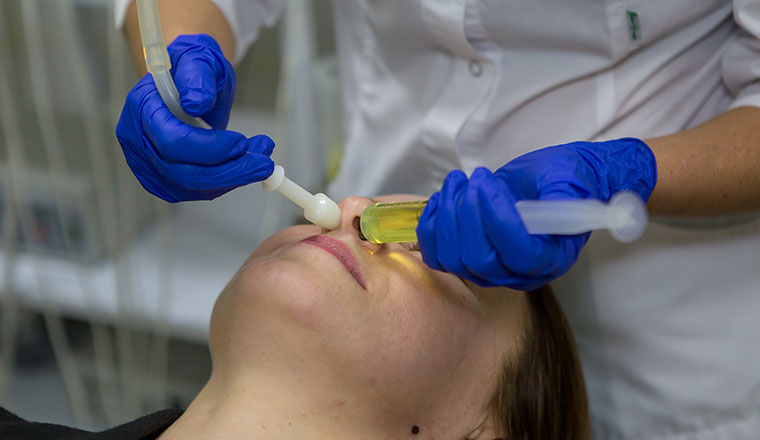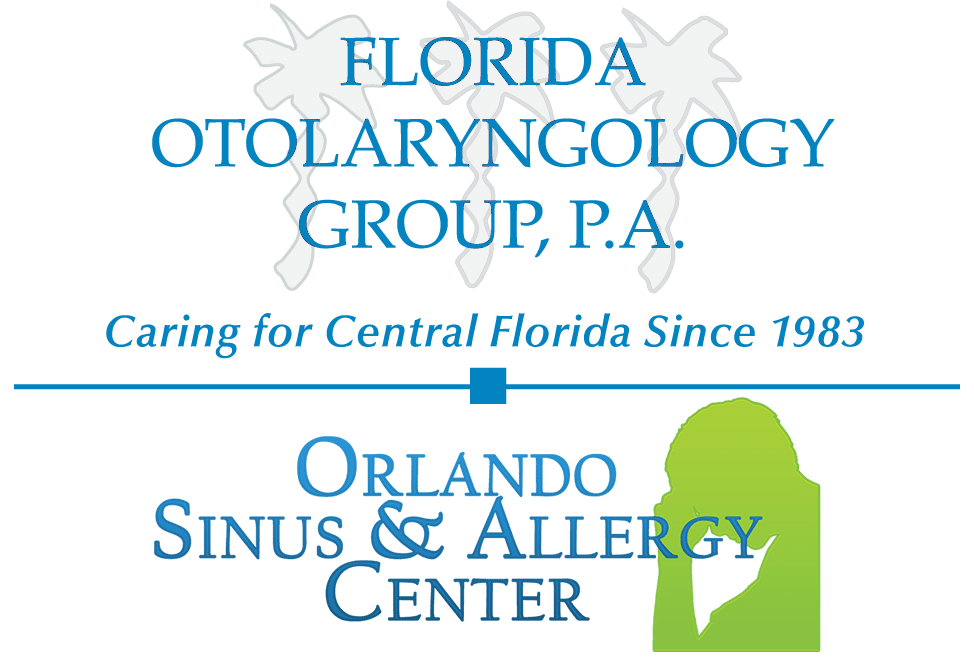Endoscopic sinus surgery is a procedure used to remove sinus obstructions, open up the natural drainage pathways within the sinuses, and improve the natural functions of the sinuses. It is a minimally invasive, outpatient surgery that is often recommended to individuals experiencing chronic or recurrent sinus infections, nasal polyps and other symptoms unresponsive to reasonable medical therapy. If you are considering this type of surgery, it is important to understand what it is, and why you might need it.


Why You Might Need Endoscopic Sinus Surgery
There are several reasons why you might need endoscopic sinus surgery. If you are experiencing chronic or recurrent sinus infections, this is often an important part of treatment. This type of surgery can also be used to enlarge the natural drainage pathways of the sinuses, and to relieve any related symptoms that are not responding to medical treatment. Some of the most common symptoms that might lead to a recommendation for surgery include:
- Sinus pressure or pain,
- Facial swelling,
- Ear pressure or headaches due to sinuses,
- Nasal congestion,
- Nasal growths,
- Diminished sense of smell
- Postnasal drainage and mucous production
- Sinus infections.
If you are experiencing any of these symptoms, it is important to consult with an ENT specialist.
When Is Endoscopic Sinus Surgery Scheduled?
When you book a consultation with one of our ENT specialists, the decision will be based on what is found on your history, physical exam, and radiologic imaging. During the initial consultation, sinus treatment records are examined as well as any previous MRI or CT scans of the nasal anatomy. If previous sinus treatment included medical management, and you did not respond properly to it, endoscopic sinus surgery may be recommended.

How to Prepare for Endoscopic Sinus Surgery? What You Need to Know
Before we proceed with the endoscopic sinus surgery, you may be required to have a series of tests done. This is dependent on your medical history, and your age. Common preoperative studies include an electrocardiogram (EKG), chest x-rays, and blood work to ensure that your general health and well-being are at a high enough level to undergo endoscopic sinus surgery.
For individuals with a chronic sinus infection who are on oral steroids or antibiotic therapy, these medications may be fine to take in the pre-surgical period, but you should always check with your surgeon. In addition to this, we ask that you do not:
- Take Aspirin (or other analgesics) in the 10-days leading up to the surgery.
- Take non-steroidal anti-inflammatory medications in the 7-days leading up to the surgery.
- Smoke for at least 3-weeks before the surgery.
- Eat or drink anything after midnight on the night before your surgery.
Any other preoperative instructions will be provided by our ENT specialists during your appointment.


How Is Endoscopic Sinus Surgery Performed?
The surgical procedure is performed using a thin, rigid tube known as an endoscope while you are under local or general anesthesia. With local anesthesia, medication is administered to make you sleepy and relaxed, but awake enough that you are aware of what is happening and can talk to the surgeon at hand. With general anesthesia, an anesthesiologist will be monitoring you the entire time you are completely asleep.
The endoscope is inserted through the nose and into the sinuses, where it provides a clear view of the inside of the sinus cavities. This allows our surgeons to identify and remove any blockages with our specialized instruments, safely and effectively. Common obstructions include mucous membrane swelling, nasal polyps, and scar tissue, all of which can prevent your sinuses from properly draining.
How Long Does Endoscopic Sinus Surgery Take?
Endoscopic sinus surgery typically takes less than 2 hours to complete, and patients can usually go home later that same day.
What To Expect After Surgery?
Immediately following surgery, you will be monitored in the post-operative area until you are stable enough to go home.. It is normal to have some bleeding from your nose in the first few days following surgery. You will also be given detailed post-operative instructions on what medications to take and when, how to irrigate your sinuses, and when your follow-up visits will take place.


Restrictions During Your Recovery Period
There are a few restrictions that you will need to adhere to during your recovery period. These include:
- No blowing your nose for the first one week after surgery.
- Sneeze with an open mouth, and do not pinch to prevent sneezing!
- Do not travel by airplane for at least two weeks.
- Keep your mouth clean by rinsing with salt water after each meal and before sleep.
- No strenuous activity for the first 2 weeks after surgery. This includes no heavy lifting, no running, and no swimming.
You may complete regular activities as long as you are not lifting more than 20 lbs, and light walking is permitted. You may resume normal exercise at 50% intensity after one week of recovery, and 100% intensity after two weeks.
How Well Does Endoscopic Sinus Surgery Work?
The success of endoscopic sinus surgery depends on many factors, including the severity of your sinus disorder, the presence of any obstructions, and your overall health. In general, endoscopic sinus surgery is very successful in relieving symptoms and restoring proper function to the sinuses.
Endoscopic sinus surgery is a safe and effective procedure that can provide relief from the symptoms of sinus disorders. If you are experiencing difficulty breathing, nasal congestion, or have other sinus-related symptoms, Florida Otolaryngology Group can help determine if endoscopic sinus surgery is the right treatment for you. Please contact our office at 407-677-0099 or book an appointment with one of our ENT specialists.


